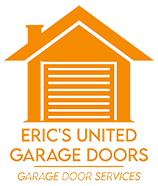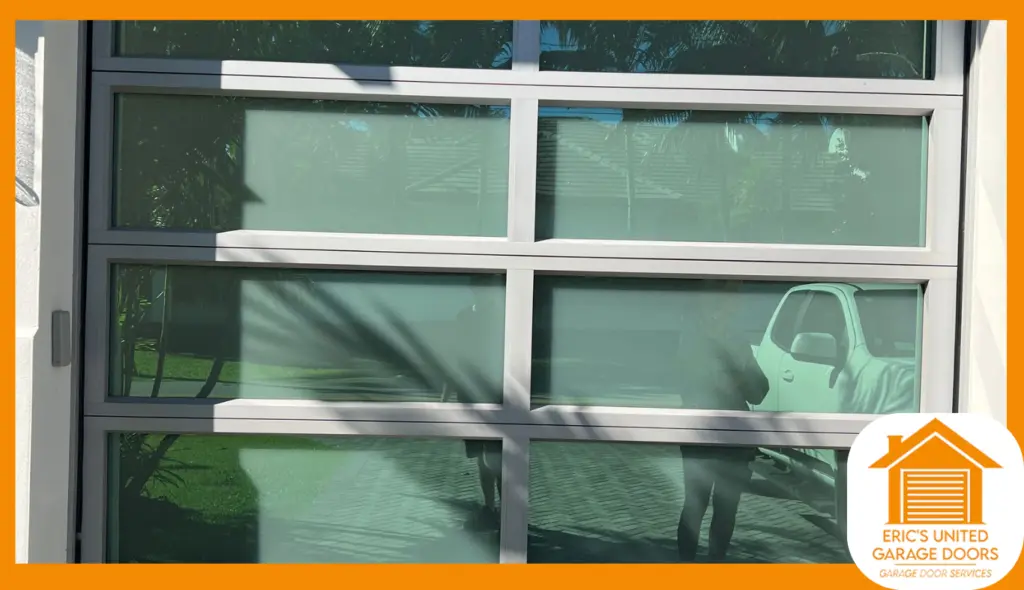When it comes to enhancing garage efficiency, choosing between insulated and non-insulated panels is a decision that directly affects comfort, energy use, and performance. Especially in places like West Palm Beach, Dania Beach, and Davie, FL—where heat, humidity, and seasonal winds shape daily life—understanding the advantages of each panel type is essential for making the most of your garage door installation.
Insulated Panels: Built for Comfort and Climate Control
Insulated panels are designed to reduce thermal exchange between indoor and outdoor spaces. This is particularly helpful in hot and humid regions like West Palm Beach, where garages often serve multiple functions beyond vehicle storage. Garage door installation that includes polyurethane or polystyrene cores creates a barrier that minimizes heat gain, leading to more stable interior temperatures. As a result, air conditioning systems run more efficiently, especially if the garage is attached to living areas. Insulation also helps reduce outside noise, making garages more usable as work or recreational spaces.
Non-Insulated Panels: Simplicity with Cost Savings
Non-insulated panels are typically single-layer and composed of steel or aluminum without an internal thermal layer. They are lighter, often less expensive, and suitable for detached garages or structures where temperature control isn’t a priority. For residents considering garage door installation in Davie, FL—particularly in properties with minimal garage use—non-insulated doors may meet the functional requirements without the added cost. However, they do little to block heat, sound, or moisture, making them less ideal for garages connected to the main home or used frequently throughout the day.
Energy Performance and System Strain
One of the more understated advantages of insulated garage doors is their impact on overall energy efficiency and mechanical performance. A door with thermal protection reduces the need for constant climate control and lowers energy bills over time. It also provides better balance and durability, reducing strain on openers and hinges. For homes that already have opener installation in Dania Beach, selecting a well-insulated door panel can improve the system’s longevity and reduce maintenance. Non-insulated doors, by contrast, tend to wear faster in extreme environments, especially when exposed to daily UV rays and salt air.
Choosing Efficiency Based on Daily Use
The decision to go with insulated or non-insulated panels should match the homeowner’s lifestyle and local climate. In areas like Davie or Dania Beach, where garages double as storage, gyms, or utility rooms, insulation pays off by improving usability and energy management. On the other hand, if the garage is rarely accessed or purely utilitarian, a non-insulated solution may be perfectly adequate. Ultimately, garage door installation in West Palm Beach, FL should reflect not only weather conditions but also how the garage fits into everyday living patterns.
Selecting the right panel type isn’t just a construction detail—it shapes how the garage functions for years to come. Whether the goal is temperature regulation, energy savings, or equipment preservation, insulation is often the silent factor that determines the success of a modern garage system.
Read more:
UV-Resistant Coatings: Extending Panel Life in Garage Door Installation
How Climate Impacts Panel Choice in Garage Door Installation Projects

